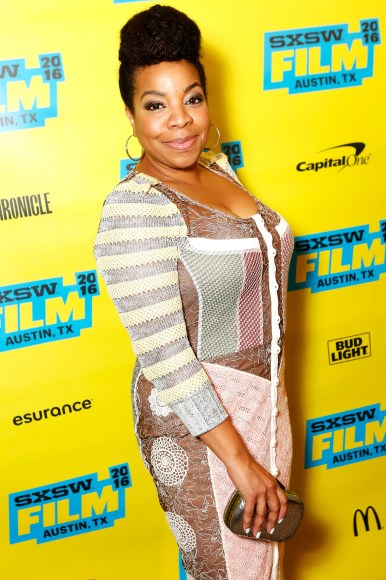When she was about six or seven years old, and watching the Oscars with her mother, actress Kimberly Hebert Gregory, 43, says she made up her mind that she would win an Academy Award herself someday.
“I knew at a very early age that I wanted to do something similar to what I saw being celebrated at the show,” she tells PEOPLE. “I told my mom at the time that I was going to win one. I have a lot to live up to now!”
But it wasn’t just childhood dreams that propelled her into her acting career. The star of HBO’s upcoming comedy Vice Principals tells PEOPLE it was her very animated family that lead her to a life of stage and screen.
"For holidays and family gatherings, it always felt like a story telling production: 'Who’s the loudest? Who’s the funniest?'" she says.
But though she’s been a working in film for nine years (and had done plenty of theater prior), the road to that coveted Oscar has sometimes been difficult.
“The biggest hurdle for me has been to believe utterly in myself and my body,” Gregory says. “This industry can send some very strong messages about what’s acceptable and what’s adequate. As a woman of color, I’ve had to remind myself of this fact over and over again: ‘Your dad and mom have said that you are beautiful, and you can be anything you wanted to be.”
Gregory says she does believe women of color have a great place in Hollywood (“They can be the quirky girl next door, a crime fighting superhero, a suburban stay-at-home mom,” she says), but she just hopes the studio executives will start believing it as well.
“Executives and producers are clearly giving us a reflection of their reality. The worlds they create are similar to their own worlds regarding gender, race and culture. It may reflect them, but it doesn’t reflect the global community in which we now live. It doesn’t really reflect the country accurately.”
And if things don’t change, she’s not opposed to writing and directing the stories she yearns for.
“I think there are stories that need to be told,” she says. “I think we haven’t been given an opportunity to have a real voice, a complicated and complex voice. I could see myself doing that. I could see that very clearly in my future.”


